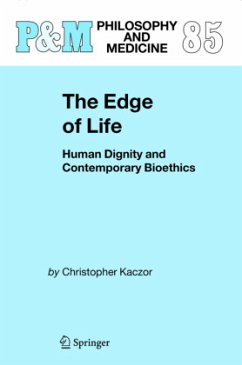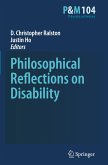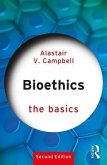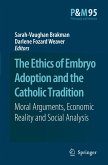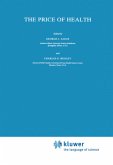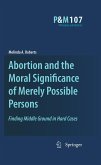The Edge of Life: Human Dignity and Contemporary Bioethics treats a number of distinct moral questions and ?nds their answer in the dignity of the person, both as an agent and as a patient (in the sense of the recipient of action). Characteristically one's view of the human being ultimately shapes one's outlook on these matters. This book addresses questions that divide a culture of life from a culture of death as well as a number of questions debated within the Catholic tradition itself. The Edge of Life offers a critique of the new bio-ethic, represented by such notable authors as Peter Singer; it also attempts to shore up some of the dif?culties leveled by critics against the traditional ethic as well as to answer some questions disputed by those within the tradition. This book does not treat the basic principles of morality but rather many of their applications and suppositions. (For an account of contemporary debates within the Catholic tradition on these matters, see Kaczor2002). Rather, The Edge of Life seeks to address a number of disputed contemporary questions touching upon human dignity at what has been called "the margins of life. " The ?rst section of the book treats the dignity of the human person as recipient of action and as agent. Chapter two examines various accounts of when a human being becomes a person.
Hinweis: Dieser Artikel kann nur an eine deutsche Lieferadresse ausgeliefert werden.
Hinweis: Dieser Artikel kann nur an eine deutsche Lieferadresse ausgeliefert werden.
From the reviews: "Kaczor addresses a number of today's key bioethical issues, in light of 'the dignity of the person, both as an agent and as a patient' ... . Kaczor's focus not only on human dignity, but also, and more specifically, on human action ... . In general and in most particulars, The Edge of Life is an insightful and welcome contribution ... ." (Kevin E. Miller, The National Catholic Bioethics Quarterly, Autumn, 2008)

